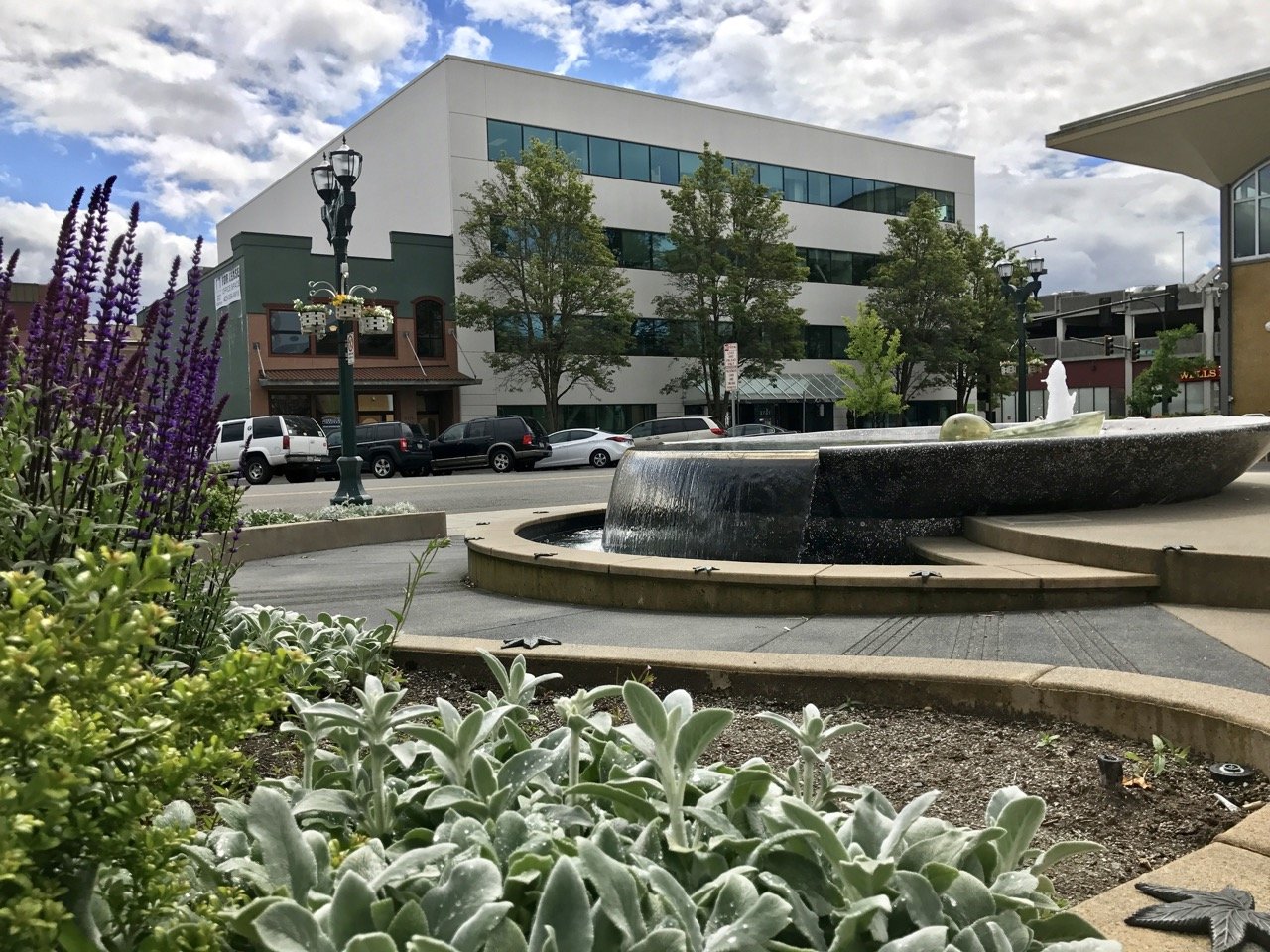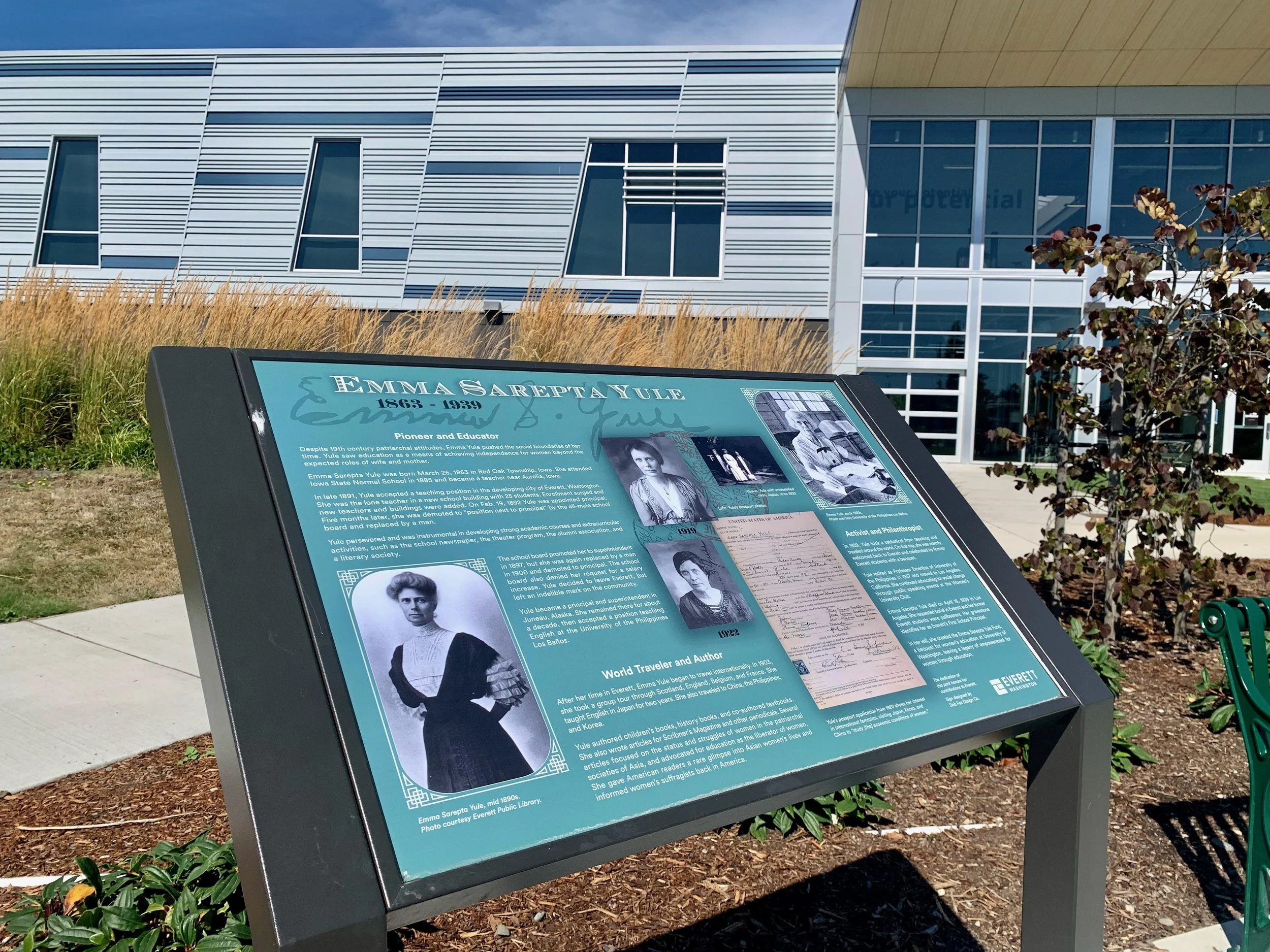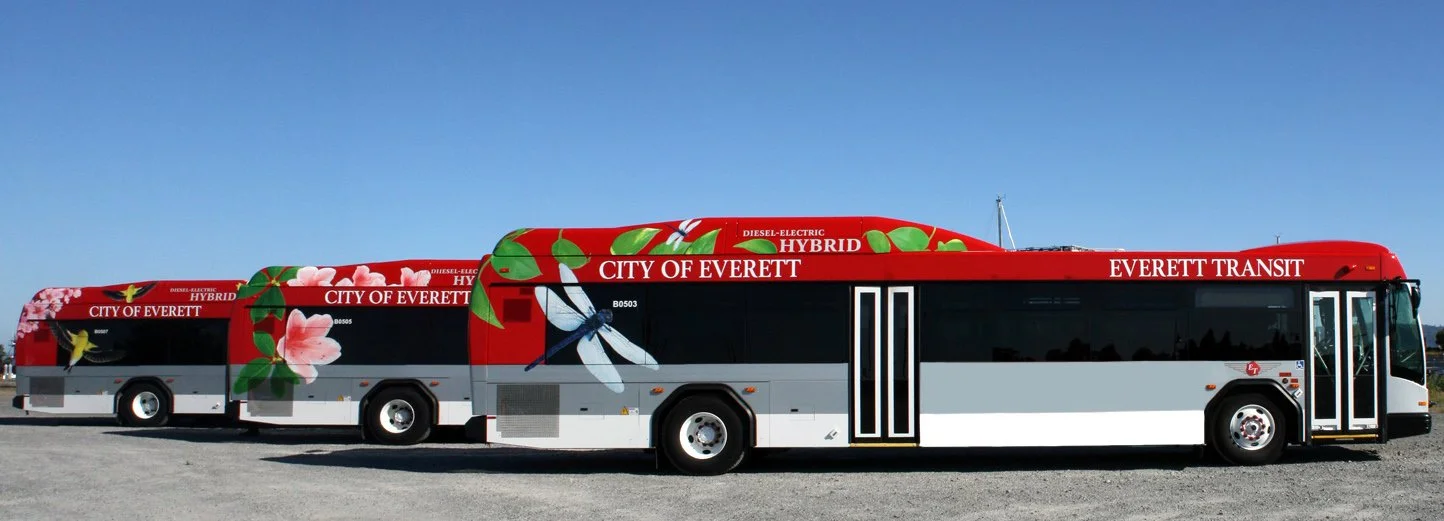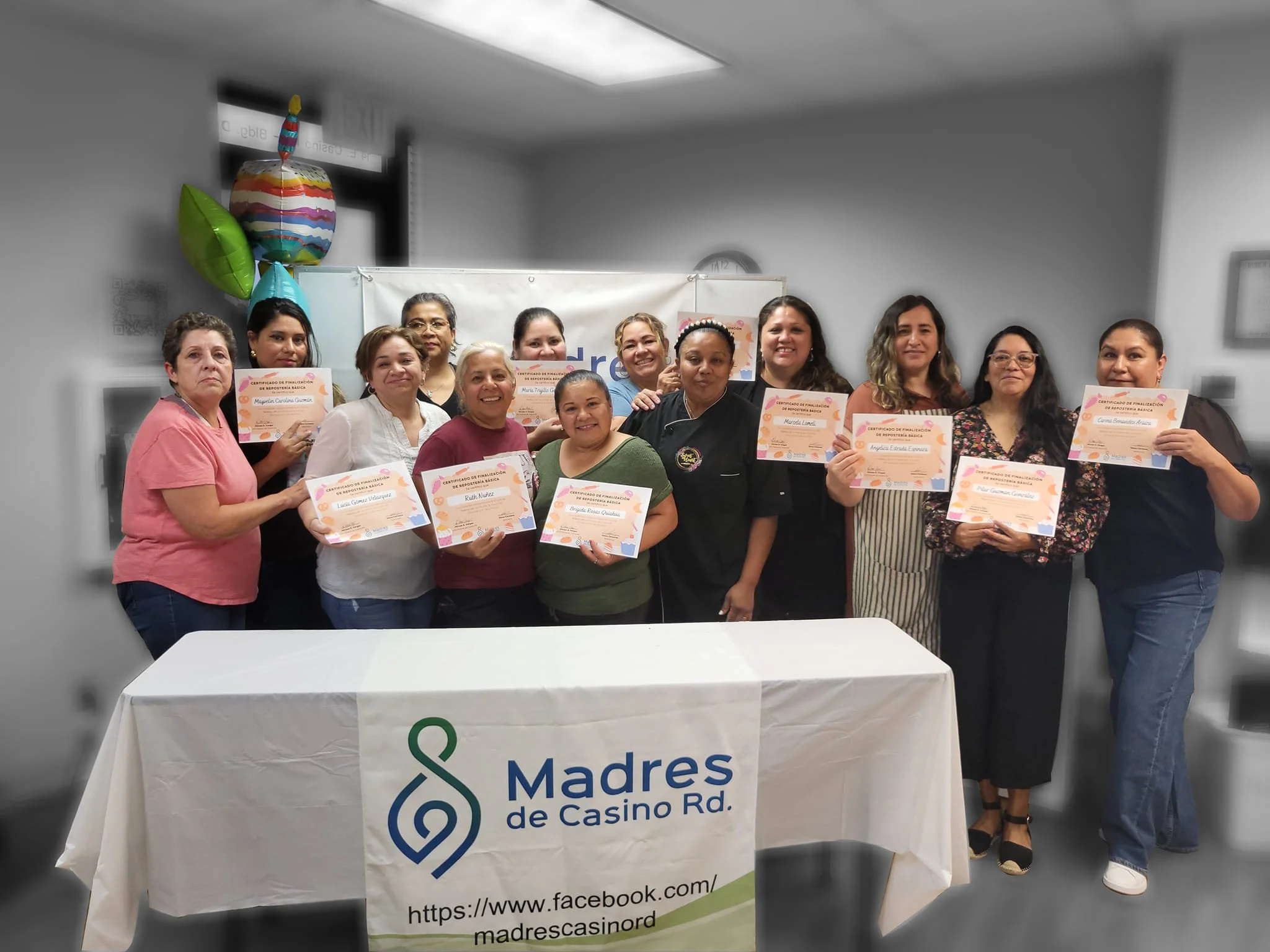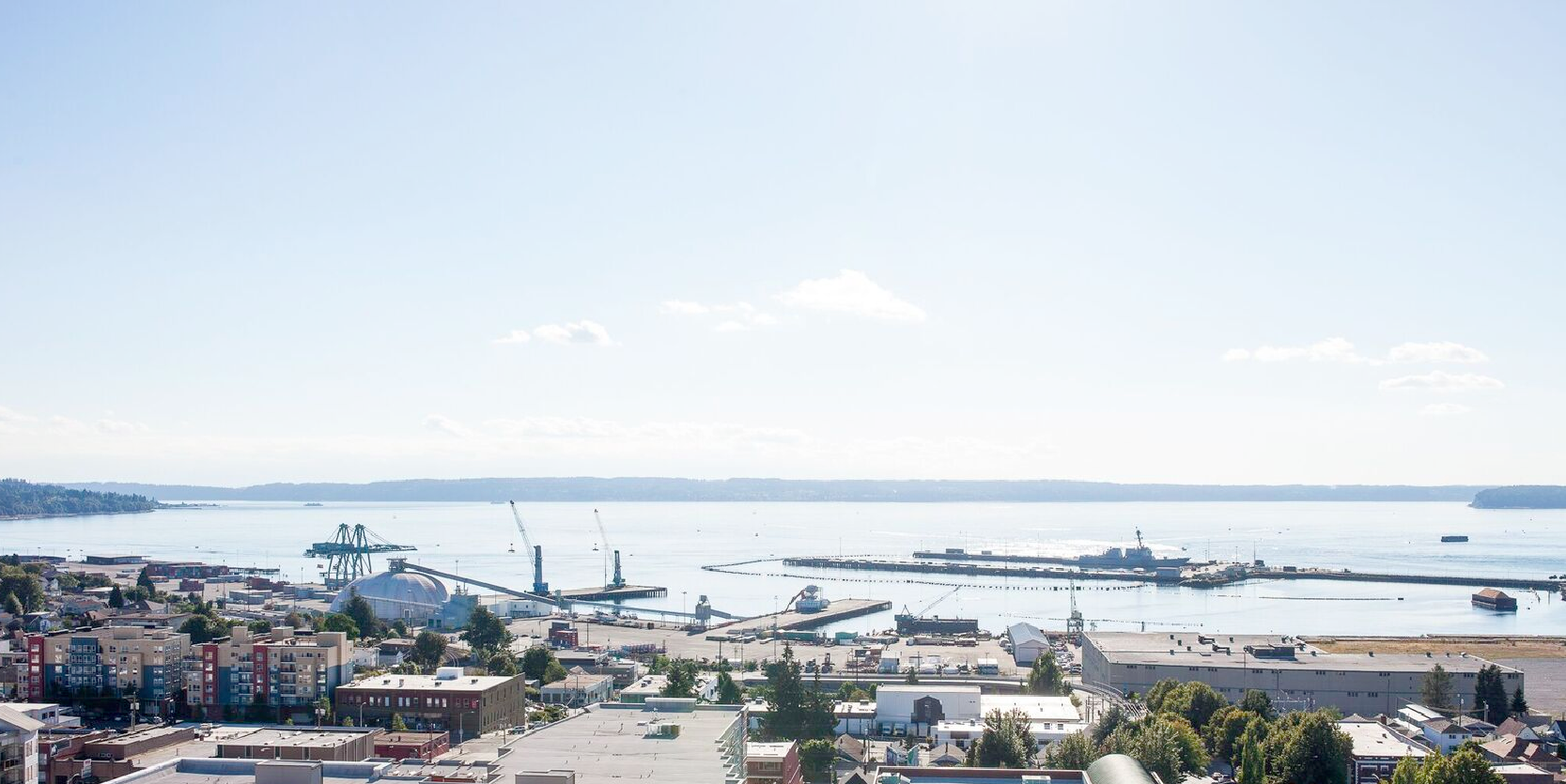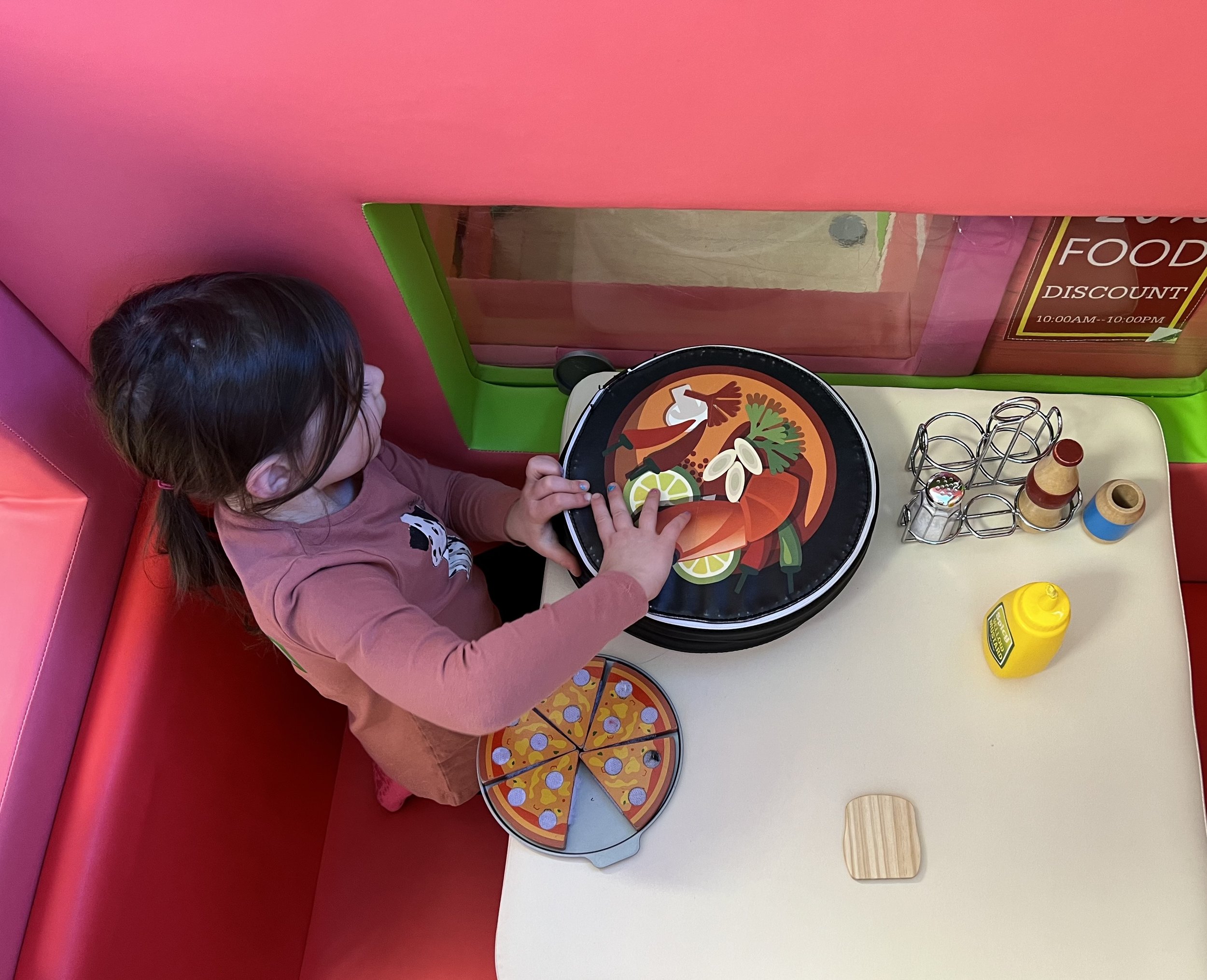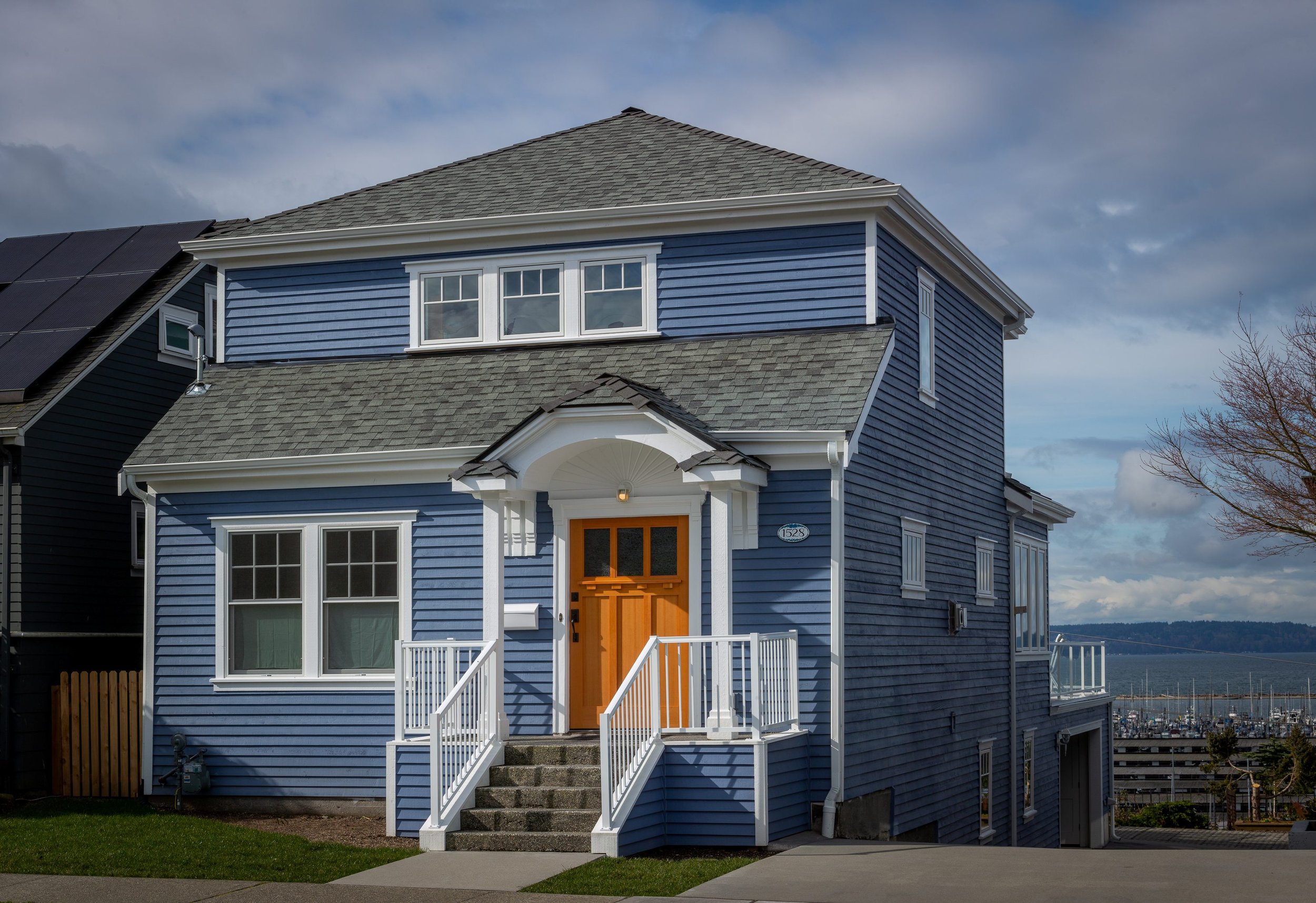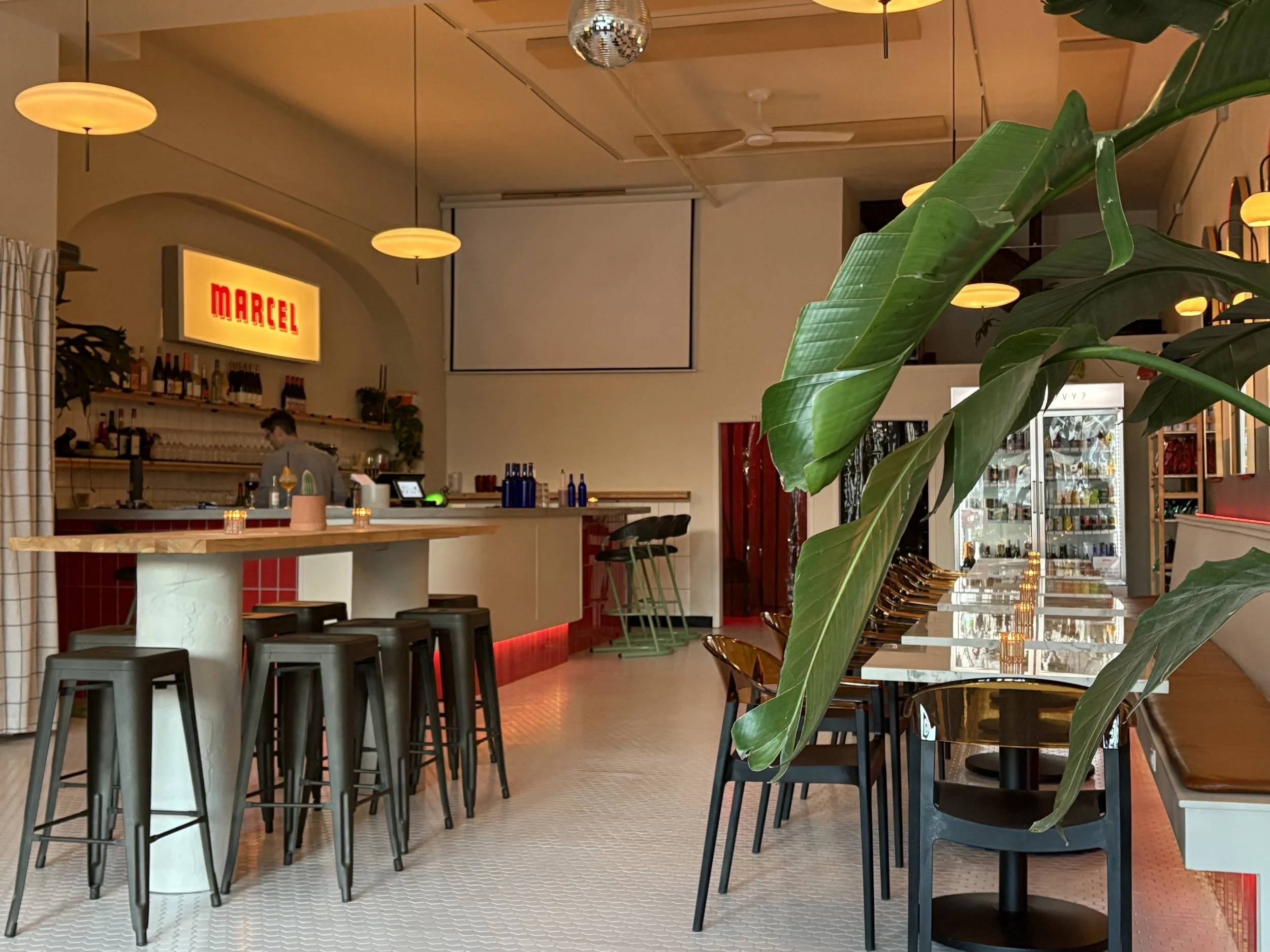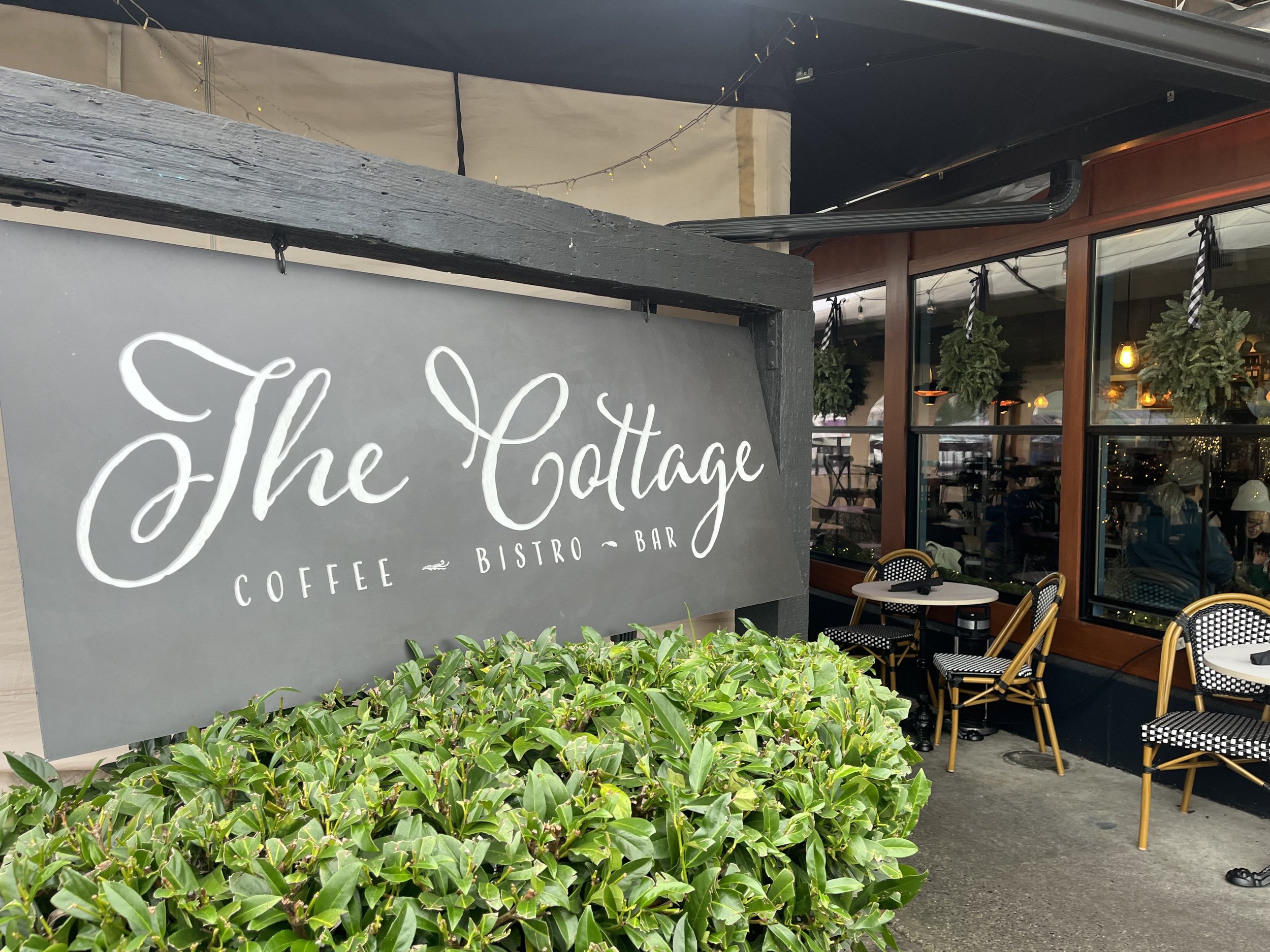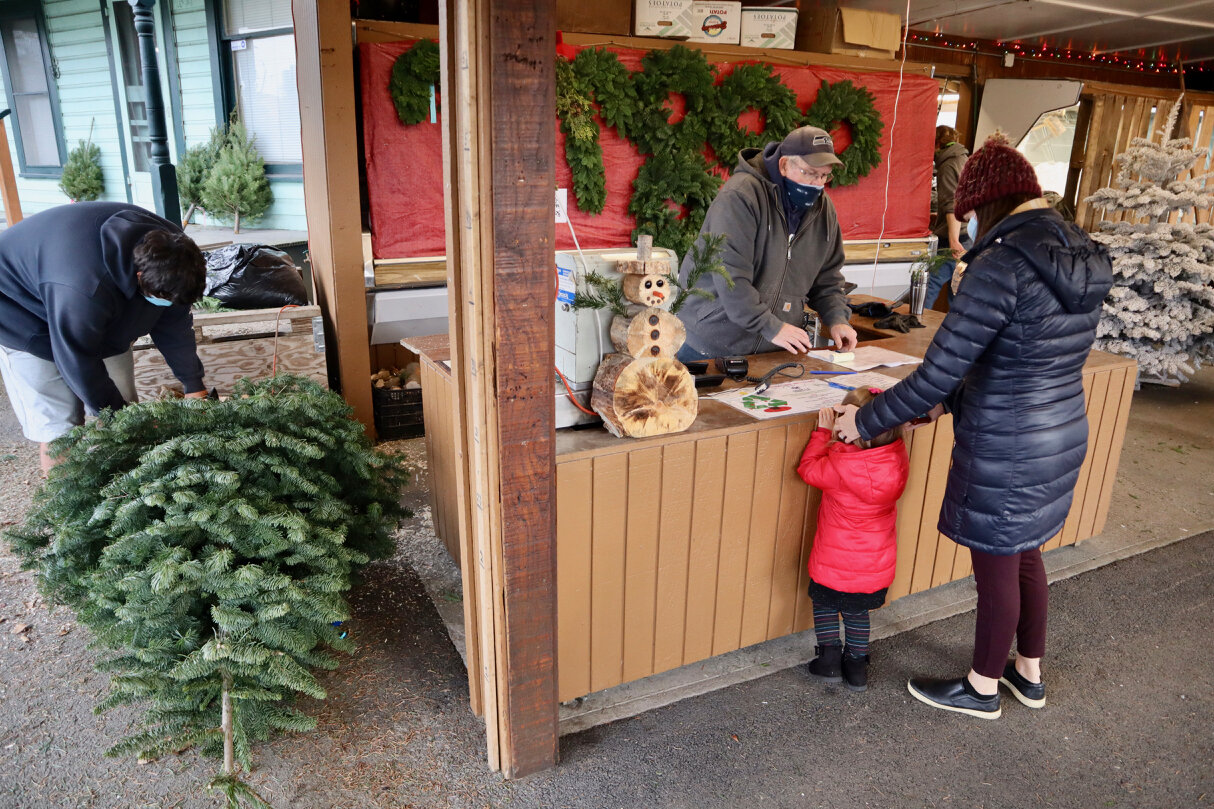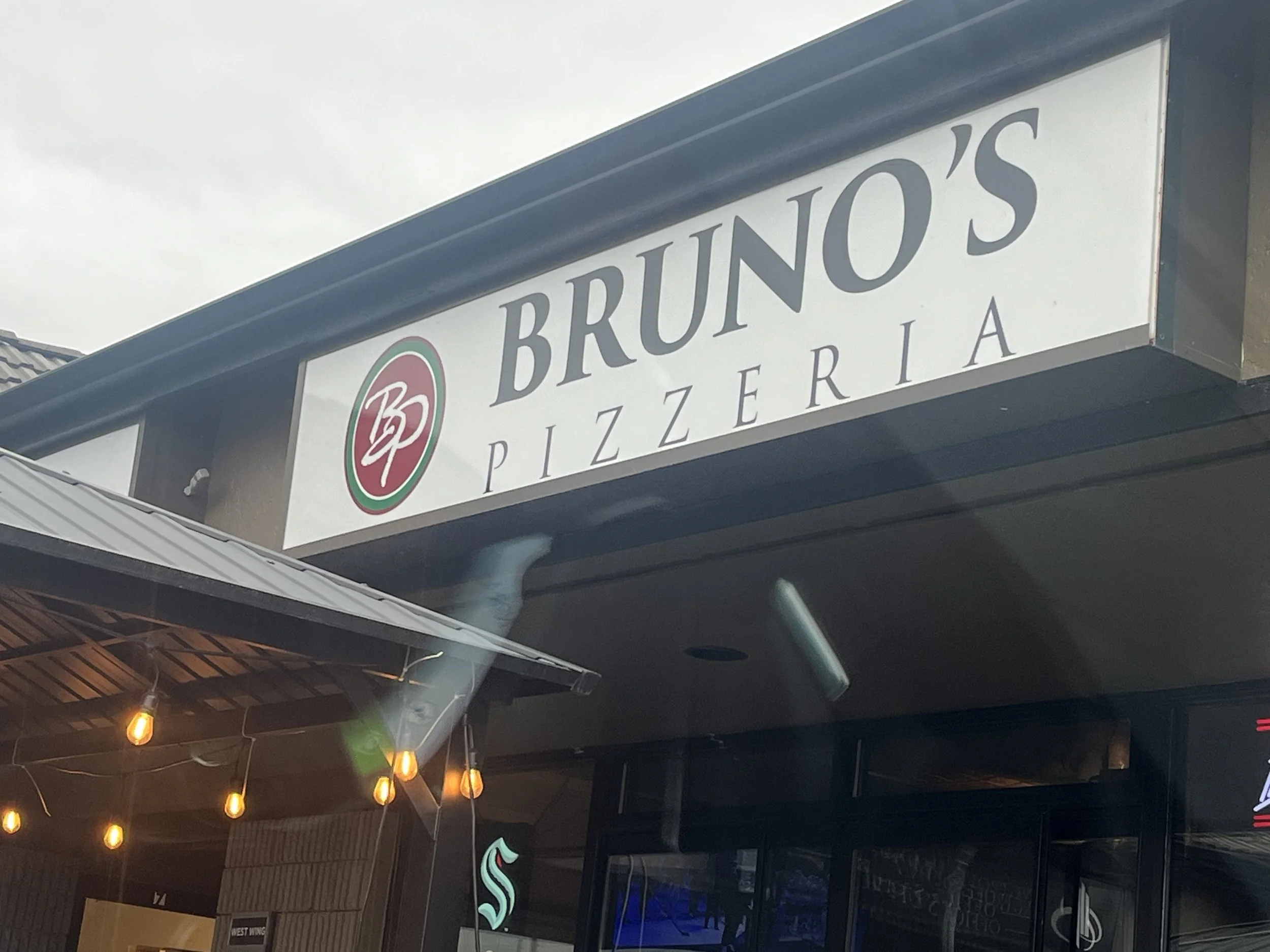Everett Civics: Why Zoning Matters
Everett’s population is expected to grow by 60% in the next 20 years. That’s a lot of people and they are going to need somewhere to live. Where will all the businesses to support our new residents be located? What will our city look like?
As various committees and commissions review the budget and housing plans, changes are being researched and commitments made for our future. Even as you read this, comments are being collected and meetings facilitated by Rethink Zoning to ensure the group uses public input while addressing zoning in our city. Zoning is not something that jumps into many people’s minds when thinking about a city’s future, even though it is at the heart of any city’s development.
“Are we preserving Everett’s character and history while adapting for the future? ”
Zoning, traditionally, has been used to exclude certain populations from certain areas but has the potential to ensure a city grows in a way that makes sense and benefits all the members of the community. Personally, I didn’t know zoning was the root of so many issues, and potential solutions, in our city until I started learning more about housing in general. Once I started pulling this thread, it became clear just how critical zoning is for forming a city based on equity and inclusion. Here are ways zoning influences so many aspects of our city.
How we utilize our land
Have you ever wondered why you don’t see Safeways and Targets in the middle of neighborhoods? It’s because of zoning! While zoning is not synonymous with land use, it’s hard to talk about one without discussing the other. Land use is a general term referring to what land is used for, such as what activities are allowed and how it can be developed. Zoning is a tool that helps cities and counties plan the details of how land is developed based on its intended use and surrounding landscape.
“Are we helping future generations by keeping most of Everett’s land zoned for single-family home use and limiting where affordable housing can be located?”
Zoning, essentially, is the plan that outlines what can be built where in our cities, as well as what regulations are taken into account when considering height, purpose, etc. As these codes outline what is allowed on certain areas of land, zoning also acts as guidelines for home-owners and developers looking to build additions or expansions on their land.
To think of it in a different way, if land use is a cake, then zoning is the recipe and, just like any recipe, will limit how much of any ingredient or time in the oven that is needed to create the perfect cake.

Mixed-use zoning? // Angela Di Filippo
What type of housing can go where
In the same way zoning limits what type of buildings can go where and what land can be used for, it also dictates what type of housing can go on any given piece of land. You may have heard some terms used in recent Planning or City Council meetings - single-family, mixed-use, multifamily, etc.- all of these are referring to the types of housing zones featured in our city.
“Are we promoting business growth in our city with where we allow businesses to establish roots? ”
Each zone has different limits, such as how tall each building can be, how far back each building must be from the street or sidewalk, if basements are allowed, how many people can live in each unit or building, etc. Essentially, zoning controls every aspect of what type of home is allowed in what area.

Single-family homes // Angela Di Filippo
These restrictions can have sizeable impacts when you look at housing in our city, and how we can accommodate a steadily increasing population. It is intentional that there are certain areas without apartment complexes or affordable housing, and it is also intentional that there are areas where you will mostly find only that type of housing. By reviewing zoning, we can adapt our city to our housing needs, both now and in the future, while still ensuring we don’t lose the parts of Everett that make it home.
How we grow as a city
This brings us to the most important part of zoning - knowing that this impacts our city’s layout, it becomes critically important to think of zoning when we think of what our city should look like in the future. Are we helping future generations by keeping most of Everett’s land zoned for single-family home use and limiting where affordable housing can be located? Are we promoting business growth in our city with where we allow businesses to establish roots? Are we preserving Everett’s character and history while adapting for the future?

Industrial zoning // Angela Di Filippo
While the answer to each of these questions depends on an individual’s perspective and priorities, using zoning, we can work together to minimize some of the growing pains that naturally come with city expansion and population growth. As was noted earlier, zoning has been used to exclude individuals from certain parts of cities, oftentimes due to race. We may not have created this system or the racism that comes with it, but we can address it head-on to ensure we are inclusive with our zoning moving forward.
Zoning offers a comprehensive guide for what to expect in each section of our city, and we all have the power to influence the future of our city, including how housing and businesses are distributed throughout the city limits. Especially now. As I noted earlier, Rethink Zoning (and, while not discussed directly here, Rethink Housing) is taking public comments related to our city’s zoning so we can adapt and adjust for our future.
Your opinion matters and helps these groups know what we the people need and want for our city. I hope you share your voice and help make our community a place where we can all live, work, and play.
Sign up for email or text notifications. Select Rethink Zoning in the News Flash category.
Attend a public meeting and follow on social media:
Facebook | Twitter | #RethinkZoning

Angela Di Filippo currently works in State Social Services and recently earned her Masters in Industrial/Organizational Psychology with extensive training in evidence-based leadership coaching. Angela moved from North Carolina to Washington 6 years ago and has proudly called Everett her home for 5 of those years. When not helping others solve problems in creative and strength-driven ways, Angela enjoys her time painting, hiking with her terrier-mix, Indy, and eating waffles.



